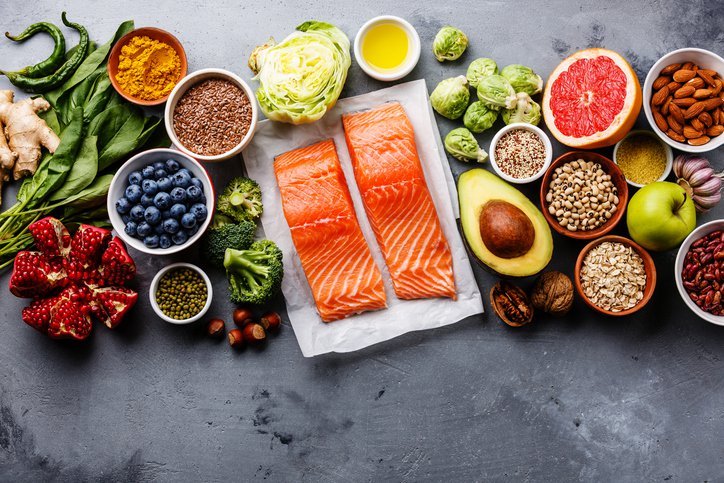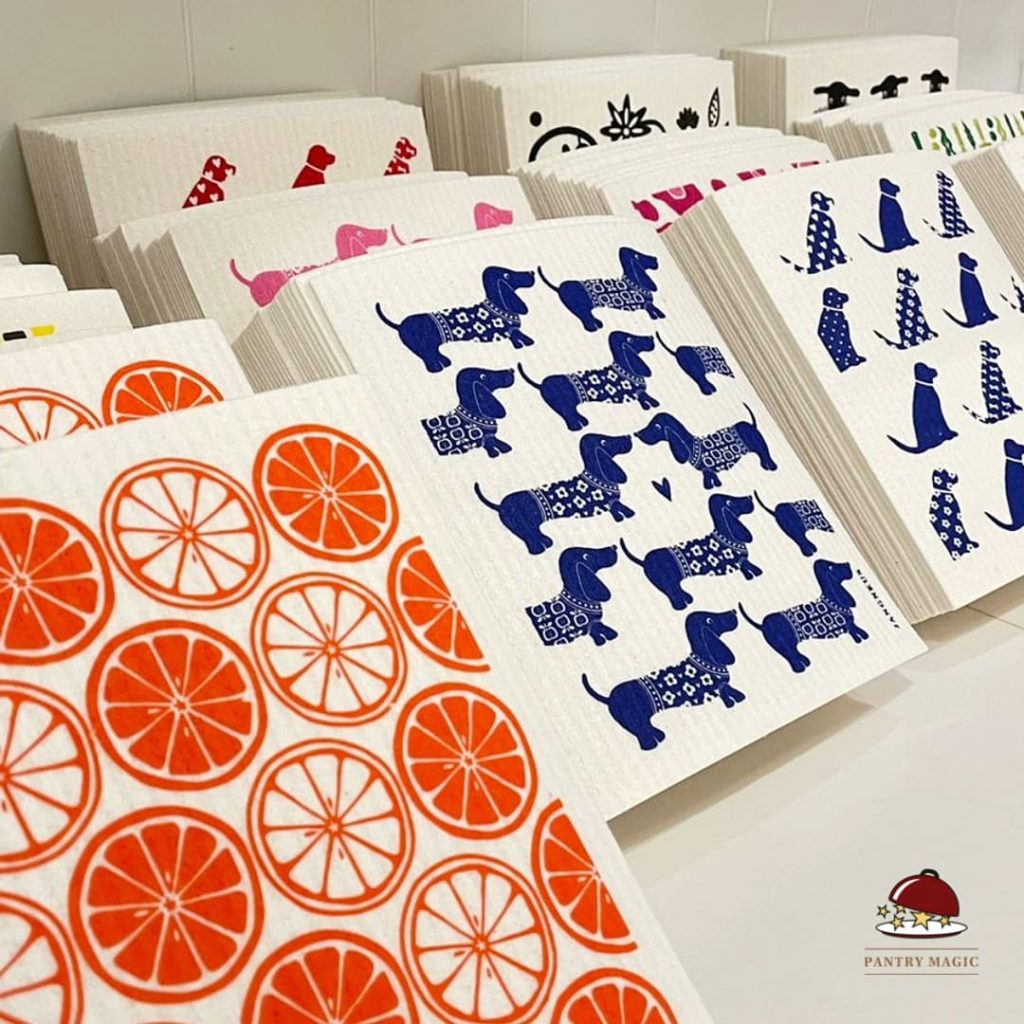Blog
Food Waste – An Irony

Hi PM family, we hope this new month will bring joy and happiness to all of you.
This month, other than the Octoberfest, we also celebrate World Food Day (16 October 2022). This year’s theme is a bit somber, about “food and nutrition security under the impact of the climate crisis”. In this context, we would like to share our thought and concerns about Food Waste.
To start, here is some mind-boggling information about food waste that might startle you:
- The world actually produces enough food to feed and nourish every single one of us.
- Nearly a third of all food produced each year is squandered or lost before it can be consumed (Link).
- Hunger / Malnutrition is the leading cause of death and ill worldwide (Link)
- 1 in 9 people in the world is hungry, while 1 in 3 is overweight / obese (Link).
- According to World Food Program, all the food produced but never eaten would be sufficient to feed 2 BILLION people.
- There has been a rise of nearly 50 million hungry people since 2014 (https://www.deliveryrank.com/blog/world-hunger-facts-statistics)
- Indonesia is one of the biggest countries that contributes to global food waste, along with USA, China and Saudi Arabia (Bappenas data).
Other than the obviously unsettling facts above, why should we be care about Food Waste? There are a lot of reasons why we should care, but two of them hit closest to home:
- Higher food cost. When we waste food, we also waste resources (all the energy and water it takes to grow, harvest, and process the food). In economy, wasting resources indicates inefficiency, and inefficiency generally leads to higher cost. To give some perspective, the estimated cost of food waste is about USD 1 trillion per year (that is the value of Indonesia’s GDP in 2017).
- Worsening climate change. The food waste produces methane, which is more dangerous than carbondioxide in accelerating global warming. As we all know, global warming and climate change can disrupt food availability, reduce access to food and affect food quality, leading to ….. yes….. higher food cost, which will have severe adverse effect especially for lower income households.
So what can we do to help? Here are some tips on how to help reducing food waste:
- Understand expiration dates. A lot of foods are still perfectly safe to eat after their expiry / best by dates. As a personal experience, I have eaten granola that was 2 years over its expiry date, and I am still here. Having said that, please use your best judgement to decide whether food that is past its expiry date is safe to eat.
- Pack your lunch. It is a good way to save money and reduce food waste.
- Don’t toss the ground. If you have coffee maker at home, you are likely to have a lot of coffee grounds. They are excellent fertilizer for plants, don’t just throw it away.
- Keep your fridge well organized. Make sure you can clearly see the foods and know when they are purchased. It will help ensure food is used, not wasted.
Like the famous quote from Mother Theresa, “not all of us can do great things, but we each do small things with great love”. Sometimes we believe that there is nothing we can do to help, that it is such a monumental task that should be left to other people, greater people, politician, etc. Sometimes we (myself included) think, even if we do our part, but nobody else around us is doing it, it will be pointless, it will be useless. But in truth, EVERY single action can help. A few people (us, our friends, our family) doing it, even though it is just a small act, will be better than nobody doing it, right?
Pantry Magic is keen to help you in save the earth. Here are some of our “zero waste” products:
- To pack lunch in style, check out our beautiful Snack n Go, reusable lunch pack.
- To reduce kitchen paper, grab our reusable, 100% ecofriendly, Jangneus Swedish Dishcloth.
See you later.










